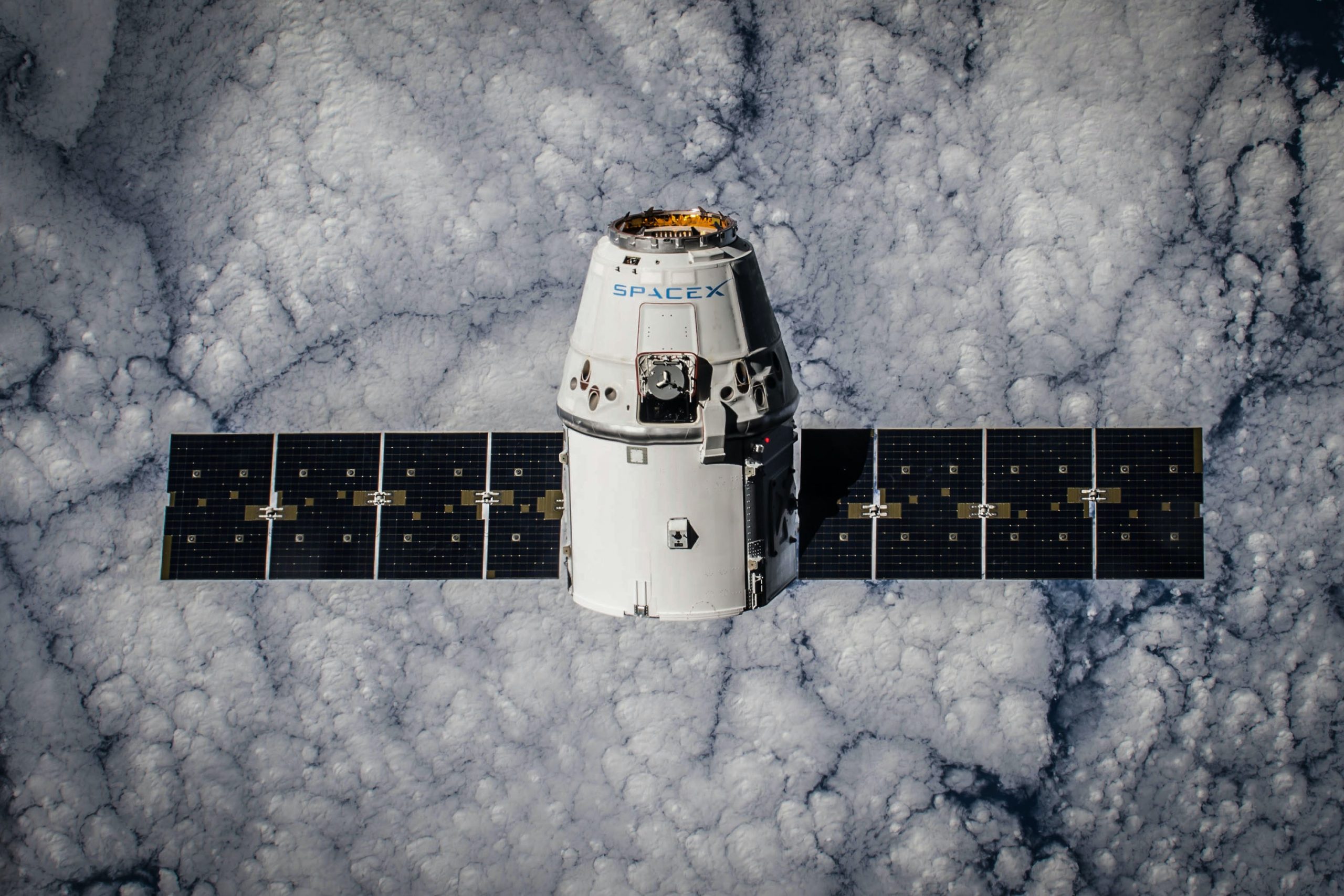Recent SpaceX launches have reignited interest in space flight — will insurance be able to keep pace with the innovation?
Space: the final frontier…of insurance? As companies revolutionize space flight, outer space is shaping up to become a major market for the insurance industry.
Just turn to SpaceX’s recent historic launch to see the opportunity and possibility that lies ahead for the industry.
On May 29, the company that’s helmed by billionaire Elon Musk became the first-ever to send humans to space aboard a privately-owned spacecraft, moving one step closer to possibly taking tourists and non-astronauts beyond Earth’s atmosphere.
In short, the significance of SpaceX’s launch can be summarized in one word: incredible, says Patrick Slomski, partner at Clyde & Co. As commercialism forces innovation, such as reusable launch vehicles, insurers will have to be nimble to adapt to the enormous complexity and uncertainty of risks, Slomski says.
Ready, set, launch
The aerospace and insurance industries have long had an “intimate” relationship, as Slomski describes it, due to the high degree of expertise needed to operate in the market. As a result, few insurers have ventured into the sector.
According to a Willis Towers Watson report, the space insurance sector has seen significant hardening within the past year as a result of substantial losses. Insurers are withdrawing, capacity is declining, and rate increases are likely on both new and renewal business.
Insurance policies exist to cover satellites and spacecraft during development, pre-launch, launch, and in-orbit, including liability coverage; however, insurance products will need to evolve to address the changing landscape of space flight.
One example would be third party liability. As it stands today, third party liability in space insurance is typically associated with launch activities, says Slomski, but as commercial operations expand, there will be a need to broaden the coverage.
“There will be an increasing need for third party liability coverage, simply because when you have a proliferation of commercial non-state interests and commercial activities in order, it is just pure statistics that you’re more likely to see either physical or electromagnetic interference between different operators in orbit and also from orbit with the ground,” he explains. ”As a commercial operation in space expands, then you will have an expansion of risk; therefore, I suspect there’s an increasing need for third party liability. There will be some novel elements to that. Physical damage caused by something falling out of the sky, it’s been contemplated in lots of areas including aviation liability, of course, but aviation has the benefit of legal regimes that give insurers a degree of certainty. You don’t have quite the same thing for space risks.”
Within the next decade, Slomski also predicts that there will be a greater need for a more comprehensive international liability regime. “It’s a great area for lawyers to think hard about — you want certainty and uniformity of legal rules, and I don’t think we have that right now,” he adds.
Barriers to expansion
Although commercial space flights seem closer than ever to becoming a fully operational sector, there are several hurdles that stand in the way of expansion. Chief among them are regulations.
“The leading space-faring nations do not presently have developed standards and certification legal regimes that you get in civil aviation. That will one day need to be developed to allow the industry to expand properly,” Slomski says.
As part of that process, commercial space operators will need to convince national authorities, such as the U.S. Federal Aviation Administration, that they’ve mitigated risks.
Then there are the issues you face when you get to space that need to be addressed.
“Practical things like space traffic management — knowing which way to turn your vehicle to get out of the way — that’s now becoming more important,” he says. “But it takes a little while to get those things into place in international law.” In fact, it could take years, if not decades, to get an international set of binding regulations agreed upon but all countries, Slomski adds. “From a lawyer’s perspective, this is something that should be started sooner rather than later.”
Nevertheless, commercial space flight is on pace to become a burgeoning industry if all pieces fall into place. An estimate from UBS projects the broader space industry will double from about $400 billion in 2019 to $805 billion in 2030 — $3 billion coming from the space tourism sub-sector alone.
“Although you might not see an explosion in manned spaceflights as a result of these developments, I think the capabilities are being demonstrated, so there’s an enormous opportunity in the decades to come,” Slomski says. “On the non-human commercial spaceflight side, I think there’s an enormous market that will develop over time.”




